Cats and birds have a long-standing relationship that is as fascinating as it is complex. While some domestic cats spend hours glued to the window, captivated by the sight of birds flitting about, others seem entirely uninterested. Understanding why some cats love watching birds while others do not involves exploring a combination of instinctual behaviors, environmental factors, and individual cat personalities.
Instinctual Predatory Drives
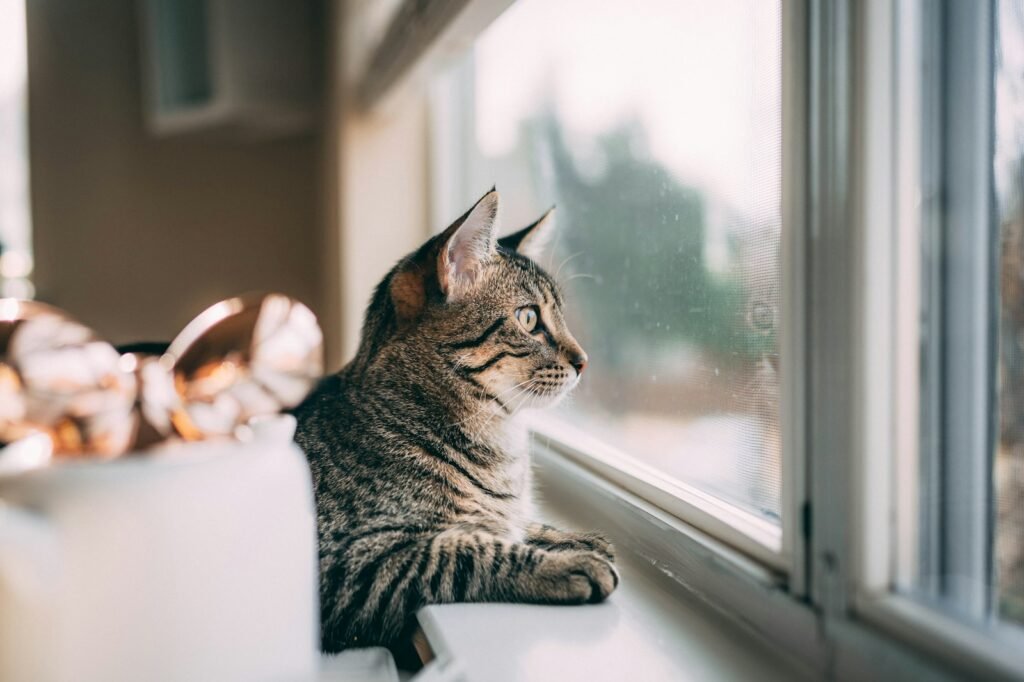
Cats are natural predators, with a strong hunting instinct that has been passed down through generations. Watching birds can be an outlet for this drive, allowing indoor cats to engage with their innate predatory behaviors. The sight, sound, and movements of birds may stimulate a cat’s senses, mimicking the experience of stalking prey in the wild.
Sensory Stimulation
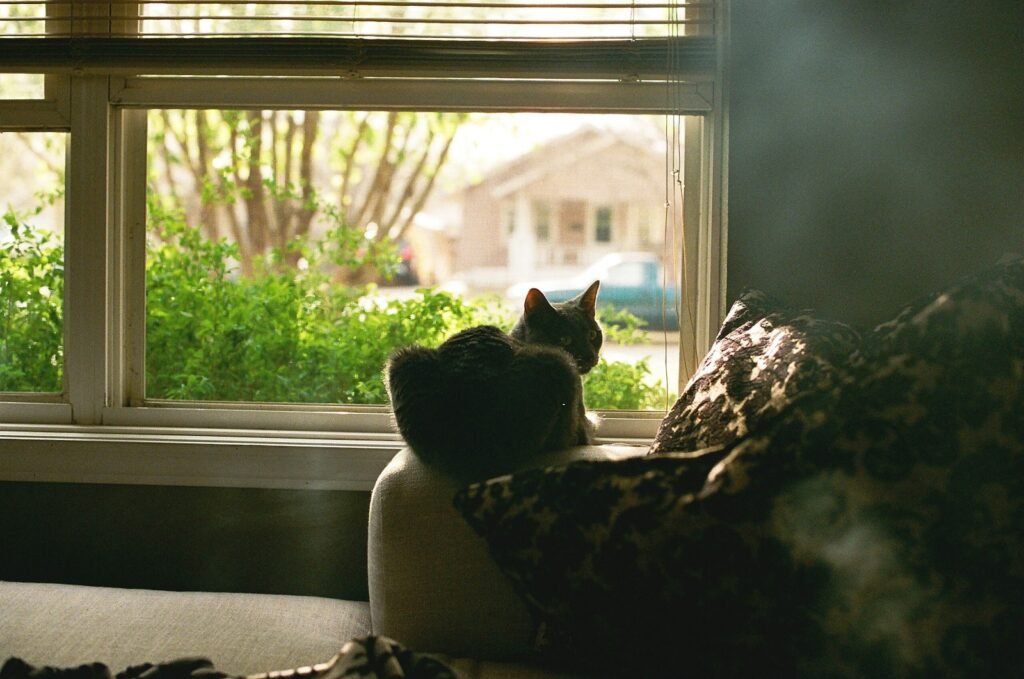
Birds are colorful and often create intriguing sounds, providing cats with visual and auditory stimulation. For some cats, their keen eyesight and acute hearing make the act of observing birds an engaging sensory experience. This fascination can keep cats entertained for hours, as they track the rapid movements and listen to varied calls of their avian friends.
Individual Personality Differences
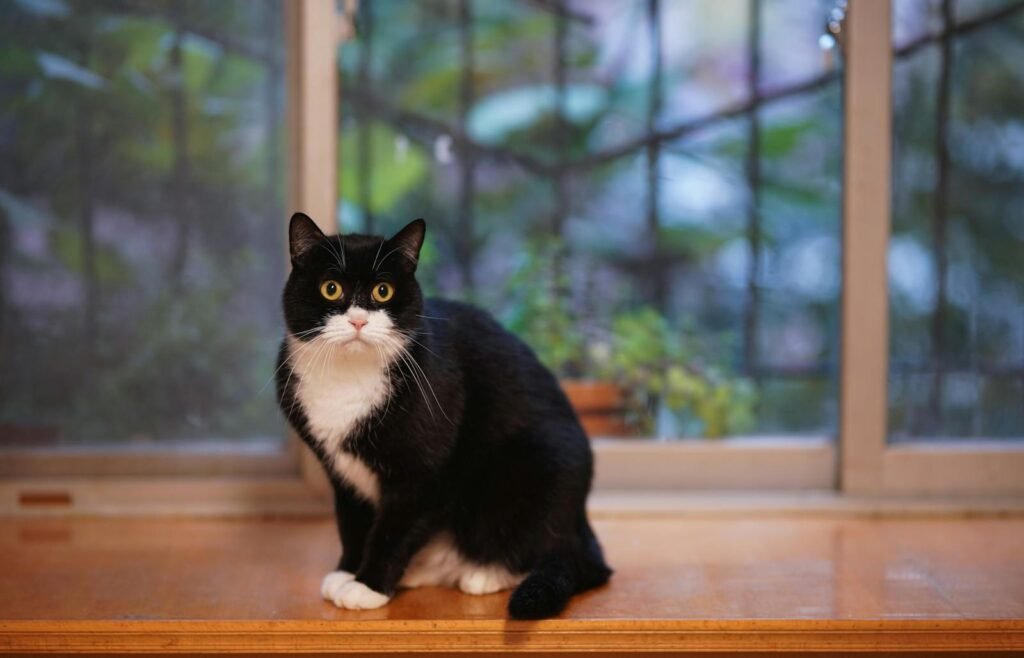
Just like people, cats have distinct personalities, and these can dictate how engaged they are with the environment around them. Some cats, particularly those who are naturally curious or have a heightened prey drive, are more likely to be drawn to bird watching. Meanwhile, more laid-back or indifferent cats may simply not find the activity appealing.
Early Exposure and Learned Behavior
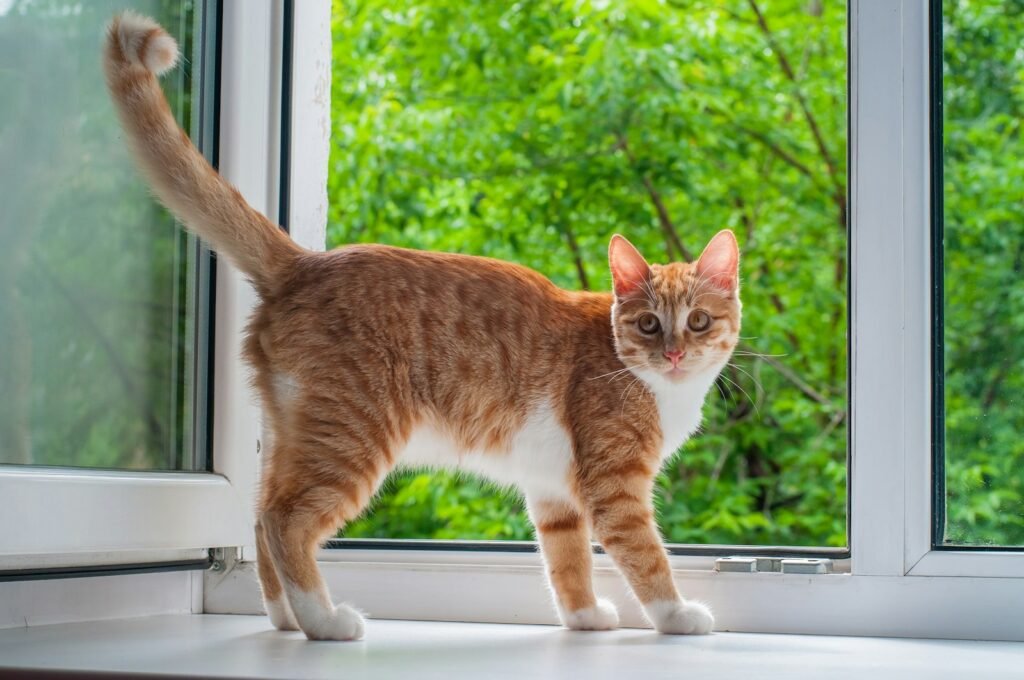
A cat’s propensity to enjoy watching birds may also depend on their early life experiences. Cats exposed to bird watching at a young age, particularly those who grew up in environments rich with wildlife, may develop a stronger interest in this activity. Conversely, cats raised in more urban settings with less exposure to birds may not develop the same level of interest.
The Role of Environment
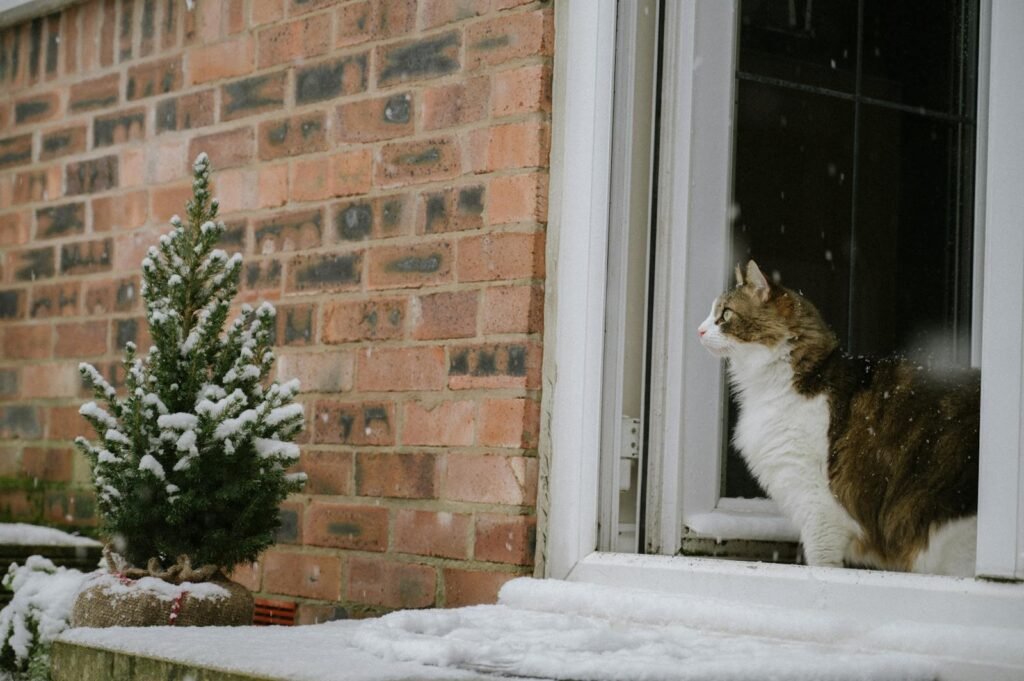
The environment in which a cat resides plays a significant role in their engagement with bird watching. Access to windows with views of natural settings can provide more opportunities for bird watching, keeping some cats entertained. Cats living in urban areas with limited wildlife may have fewer opportunities to engage in this activity, impacting their interest levels.
Entertainment and Enrichment
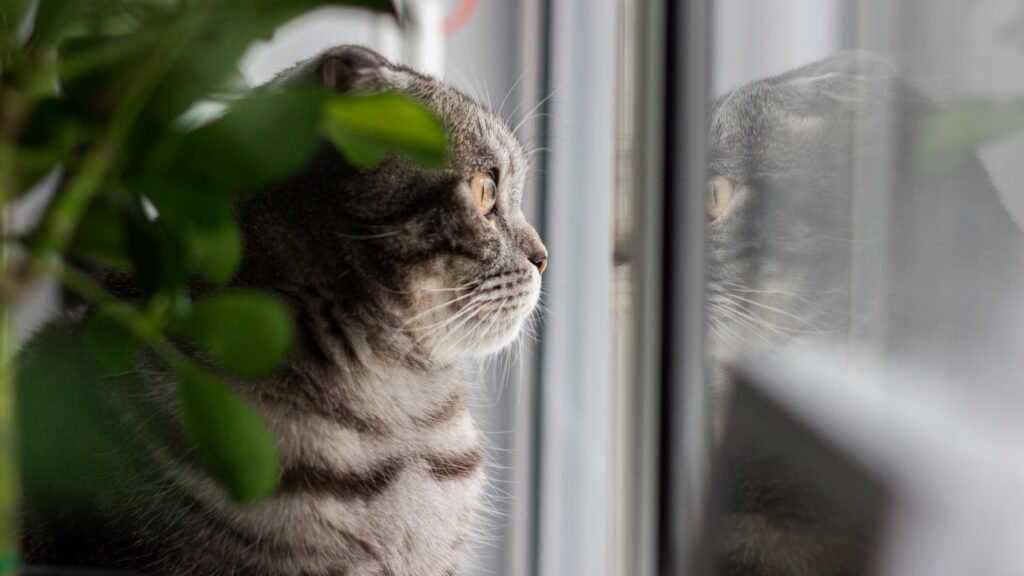
For many cats, especially those indoors, watching birds serves as a form of entertainment and mental enrichment. It keeps them engaged, providing a stimulating activity that can alleviate boredom and reduce stress. This enrichment is crucial for indoor cats, who may otherwise lack natural hunting opportunities.
Why Some Cats are Indifferent
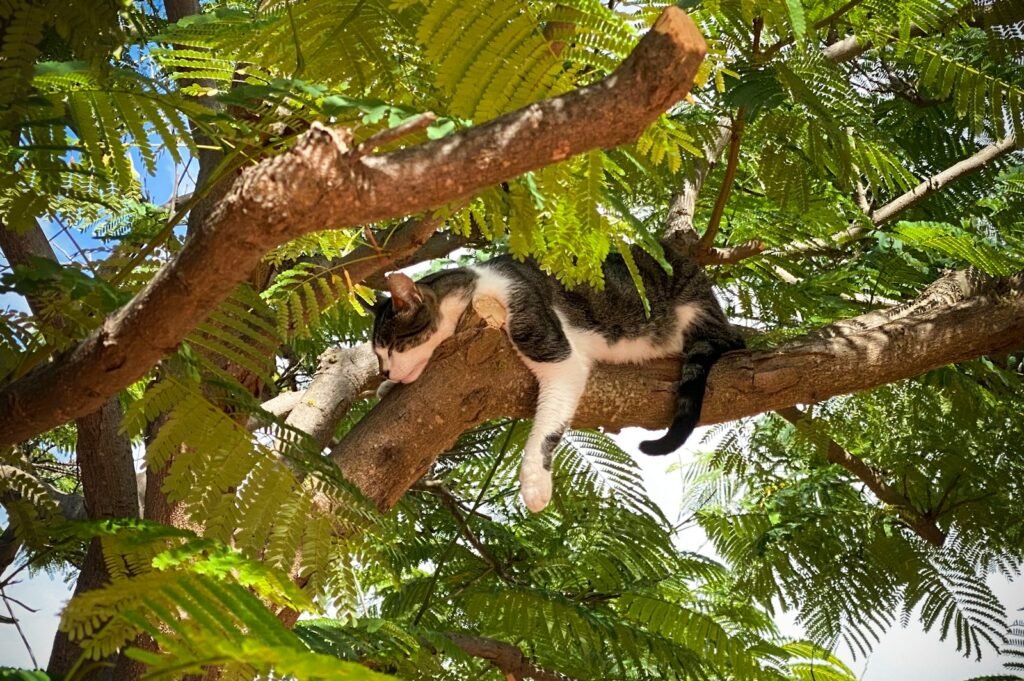
While many cats are enchanted by birds, some show complete indifference. This lack of interest can be attributed to a combination of factors such as reduced prey drive, less exposure, or simply a more relaxed temperament. These cats may prefer other forms of entertainment or social interaction with humans and other pets.
Health and Age Considerations
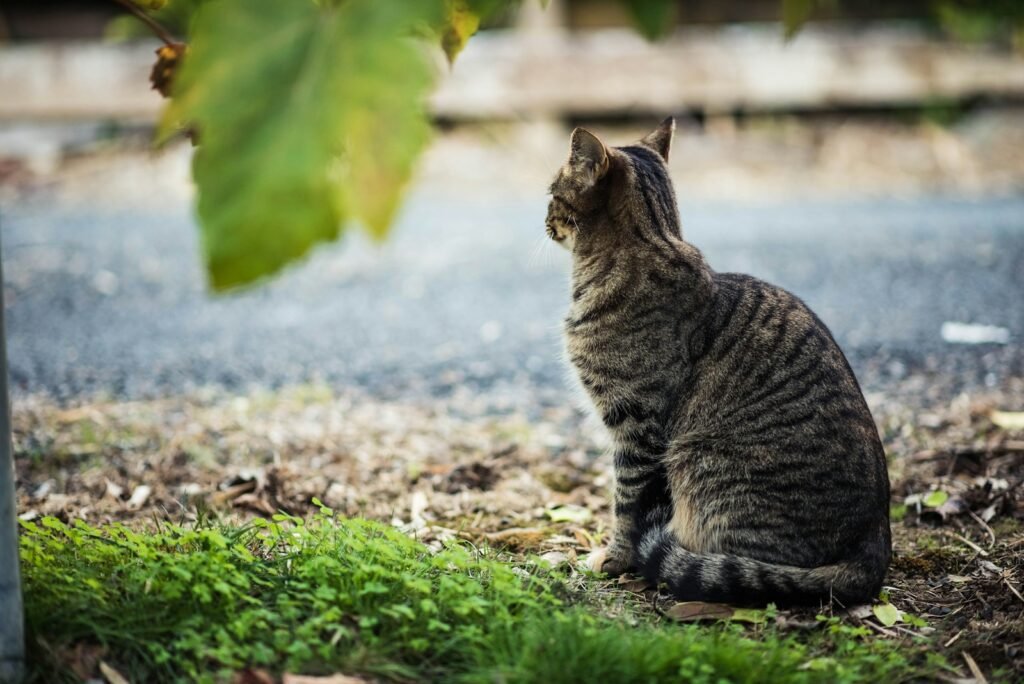
A cat’s health and age can also impact their interest in bird watching. Older cats or those with health issues may not have the same energy or visual acuity required to enjoy watching birds. Meanwhile, younger, healthier cats with plenty of energy might be more inclined towards bird watching as a form of mental and physical stimulation.
How to Encourage Bird Watching
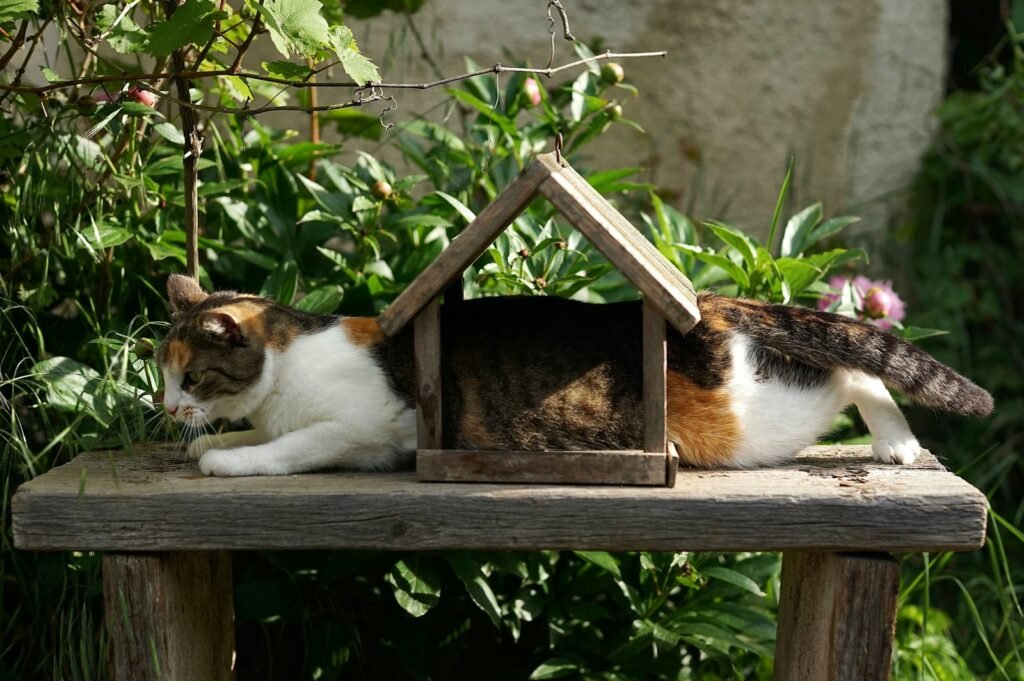
If you want to encourage your cat to enjoy watching birds, there are several steps you can take. Creating a cozy perch by a window, placing bird feeders outside, or even playing bird videos on a tablet are great ways to stimulate your cat’s interest. Always ensure that any bird-watching setups allow your cat to watch safely and without stress.
Conclusion: Celebrating Feline Diversity
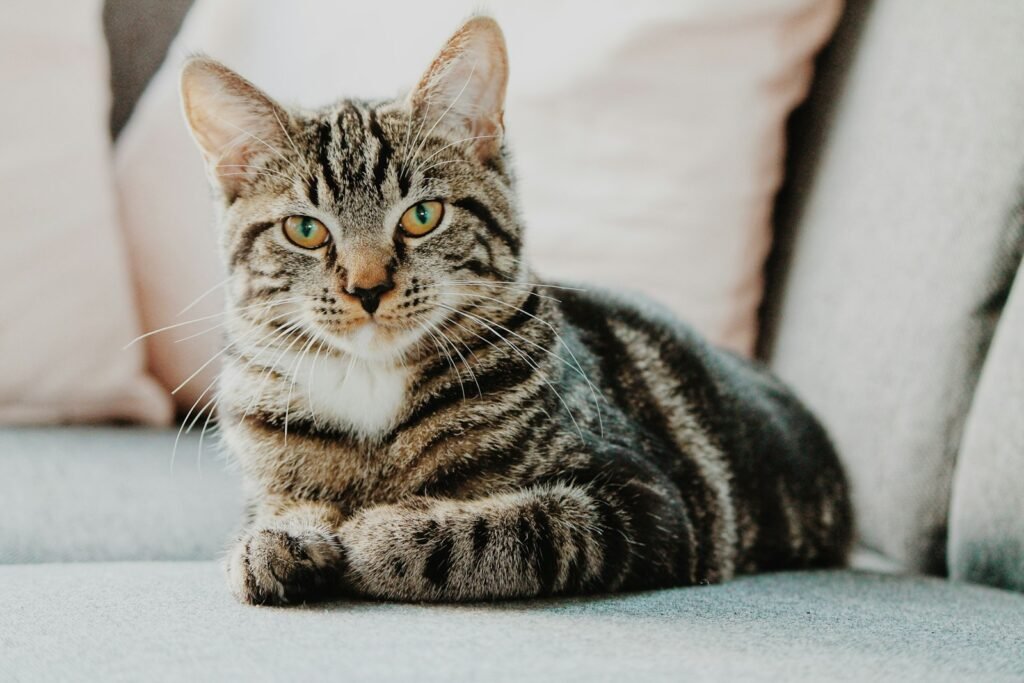
The diversity in cats’ reactions to birds underscores the fascinating complexities of feline behavior. Whether your cat is a devoted bird watcher or couldn’t care less, understanding these behaviors helps strengthen the bond between you and your feline friend. Each cat’s relationship with bird watching is unique, shaped by a mix of instinct, personality, and environment. Celebrating this diversity is part of appreciating the wonder of cats.

Growing up traveling and experiencing new cultures and wonders, I have had a passion for nature, adventuring, photography, and videography. I am currently working towards a BSc in Biodiversity and Ecology at Stellenbosch University, and I hope to specialise in Marine Sciences one day.
Please send any feedback to Feedback@animalsaroundtheglobe.com






